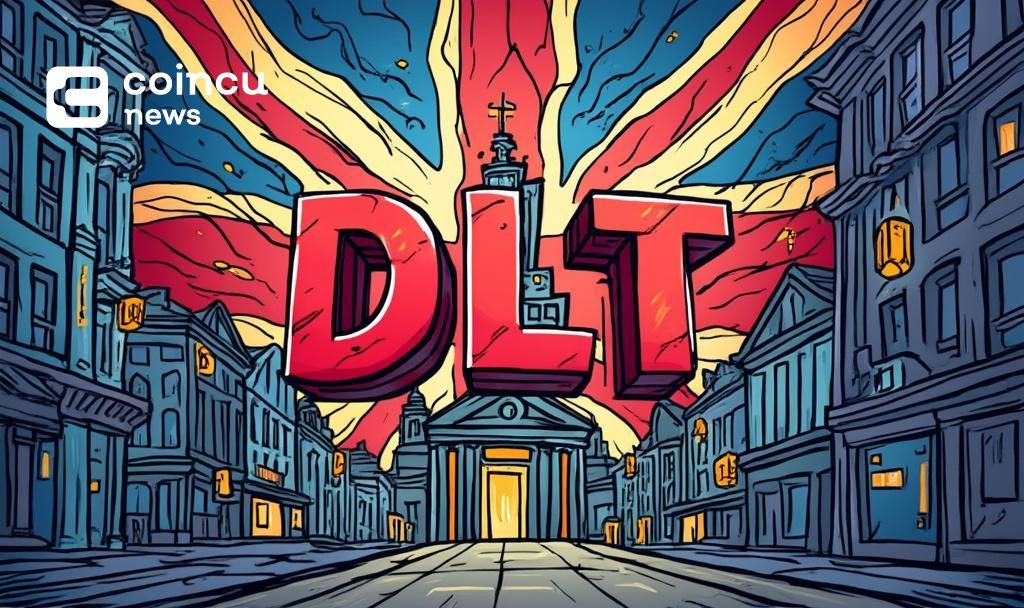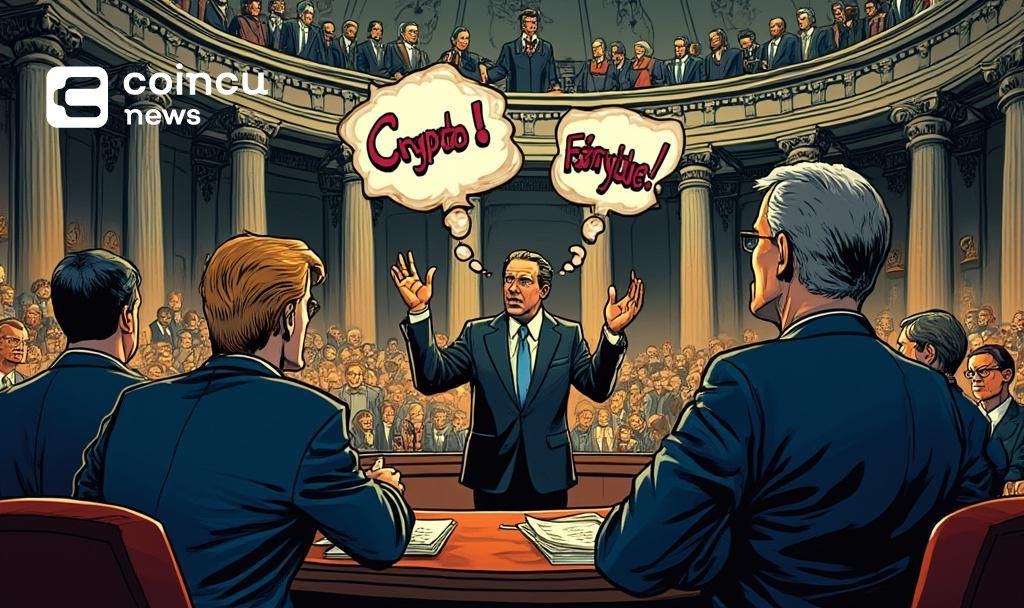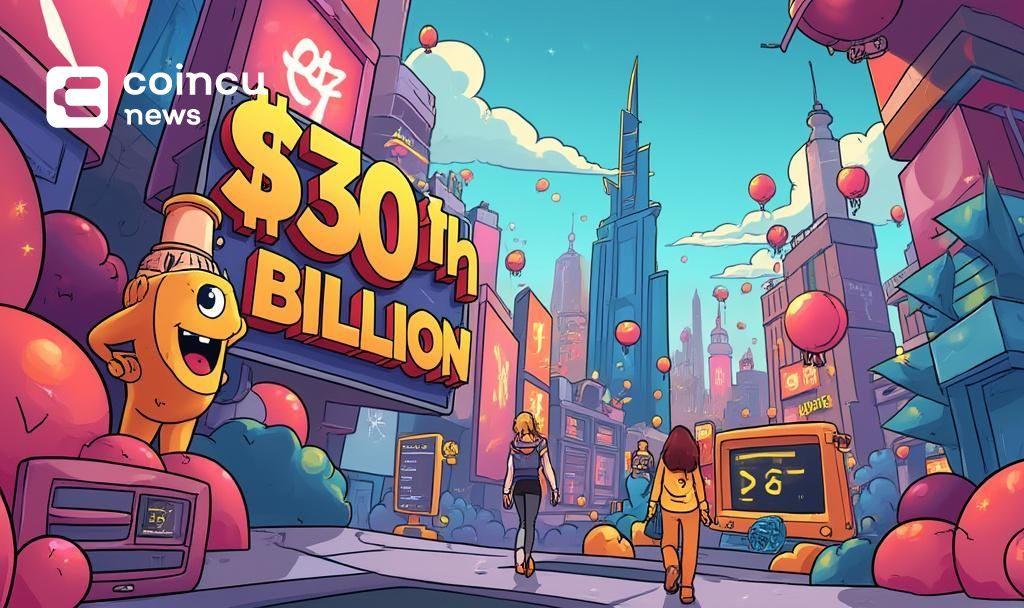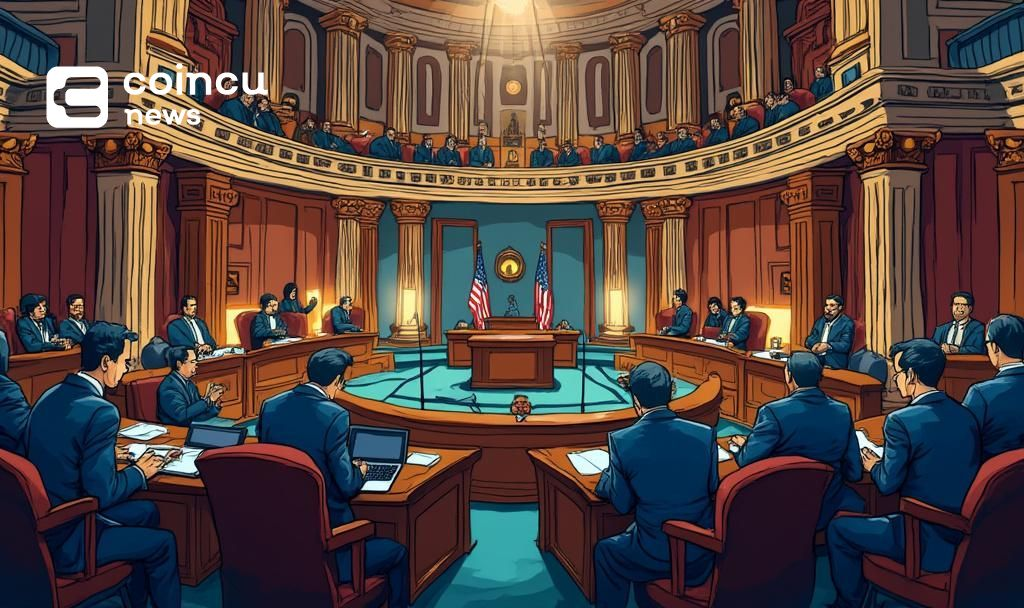$118737.709
At CoinCu News, we give both basic and in-depth articles on the latest news in the cryptocurrency and blockchain sectors.
Author
News
Ripple Secures Dubai Real Estate Custody Deal as XRP Breakout Mirrors 2017 Pattern
Ripple partners with Ctrl Alt and Dubai Land Department to launch tokenized real estate custody
Jul
Linekong Interactive Unveils Web3-Focused LK Crypto Division
Linekong Interactive Group establishes LK Crypto Division for Web3 expansion and crypto asset management.
Jul
UK Strategy Promotes Digitalization in Wholesale Finance
UK announces strategy supporting DLT and asset tokenization in wholesale finance sectors.
Jul
BigONE Exchange Compensates Users After $27 Million Hot Wallet Breach
BigONE faced a $27 million breach, pledging full user compensation while restoring systems.
Jul
House Vote on Unverified ‘GENIUS Act’ Sparks Controversy
Speculation surrounds unconfirmed House vote on 'GENIUS Act' amid lacking primary source evidence for crypto
Jul
Jiufang Investment Plans Major Share Allotment in Hong Kong
Jiufang Investment plans to allot 20 million shares for HK$746M, focusing on digital asset investments
Jul
Aave’s TVL Reaches Record $30 Billion Milestone
Aave's Total Value Locked surpasses $30 billion, reflecting heightened DeFi trust.
Jul
Cantor Fitzgerald Finalizes $4 Billion Bitcoin Acquisition Deal
Cantor Fitzgerald, via its SPAC, secures a $4 billion Bitcoin acquisition with Blockstream CEO Adam
Jul
U.S. House Prepares Key Crypto Legislation Vote
U.S. House set for key votes on crypto-focused bills, impacting digital asset regulations.
Jul
[tptn_list how_old="7" limit="5" title_length="0" heading="0" show_date="0" ]
[tptn_list how_old="30" limit="5" title_length="0" heading="0" show_date="0" ]





















